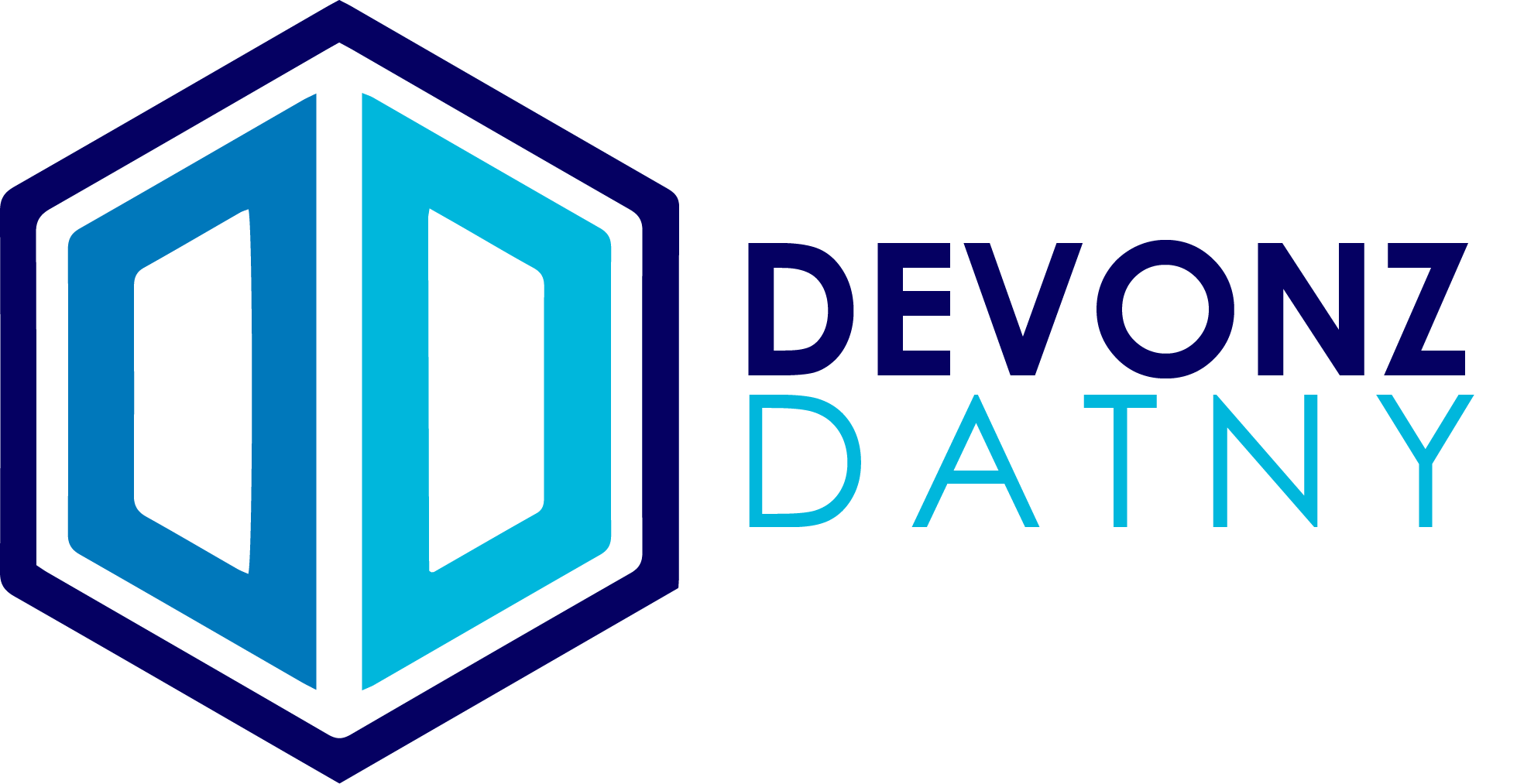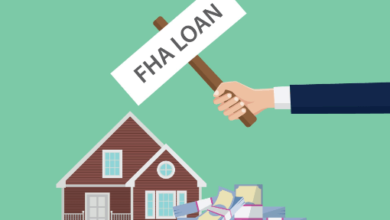
Then an Owner Occupied Loan may be just what you need! This type of mortgage is designed for individuals who intend to use the property as their primary residence. But before diving into this investment, there are some things that you need to know. In this blog post, we will explore all aspects of owner-occupied loans – from understanding the basics and eligibility requirements to comparing them with other types of mortgages. So, let’s get started and learn everything about how owner-occupied loans can help make your dream home a reality!
What is an Owner Occupied Loan?
An Owner Occupied Loan is a loan that is taken out to purchase or improve an owner-occupied property. This type of loan is usually easier to obtain than a conventional loan because the borrower does not have to prove their income or credit score. The interest rate on an occupied loan is typically lower than a conventional loan, and the terms are also more flexible.
Types of Owner-Occupied Loan
There are a few main types of occupied loans: Fixed-rate mortgages, variable-rate mortgages, and no-money-down mortgages.
Fixed-rate mortgages are typically the safest option for borrowers because they offer a predictable rate of interest over the life of the loan. Variable-rate mortgages allow you to adjust your monthly payments according to changes in interest rates, but they come with higher risks because your payments could increase if rates rise. No money-down mortgages let you borrow less money upfront and pay it off over time with your monthly income. They offer more flexibility than fixed-rate and variable-rate mortgages, but they also come with greater risk because you might not be able to make your monthly payments if the market goes bad.
There are other types of occupied loans that aren’t specifically designed for homeownership, such as reverse mortgage loans or home equity lines of credit. But these loans have different features and risks than traditional occupied loans, so it’s important to consult a financial advisor before making any decisions.
Pros and Cons of an Owner-Occupied Loan
There are many benefits to taking out an occupied loan. The biggest pro is that you are not subject to traditional lending criteria, meaning the bank is more likely to approve your application. Additionally, occupied loans have low-interest rates, which can be a big advantage when you’re trying to get ahead financially. There are also some disadvantages to owning a home outright – most notably, you may have to pay higher property taxes and insurance than if you rented. Finally, there is always the possibility that your home could become worth less over time, as the market tends to fluctuate.
How to get an Occupied Loan
There are a few different ways that you can get an occupied loan. The first way is to find a lender that specializes in occupied loans.
The second way is to go through a bank or other traditional lending institution.
The third way is to find a lender who does both owner-occupied and commercial loans.
Each of these methods has its own benefits and drawbacks, so it’s important to decide which one is best for you.
When looking for an occupied loan, the first thing you need to do is identify the type of property you are interested in buying. There are three main types of properties: single-family homes, multifamily units, and condos/townhouses. Once you have identified the type of property you want to purchase, you need to look at your credit score. Your credit score will determine how much money the bank will lend you. If your credit score is low, the bank may not be willing to loan you as much money as if your credit score was higher.
Once you have determined your budget and your credit score, it’s time to look at lenders who specialize in occupied loans. Lender websites will list each lender’s information including their fees and interest rates. It’s important to compare interest rates and fees before choosing a lender because some lenders have lower rates but higher fees than others.
If you don’t want to go through a lender, another
What to consider when applying for an Occupied Loan
When applying for an occupied loan, it is important to be aware of the following:
-The mortgage interest rate will be higher for occupied loans than for conventional loans.
-It may take longer to receive the loan approval.
-There may be additional fees associated with owning a property through a loan.
Conclusion
If you are considering buying a property and want to know everything there is to know about the occupied loan, then this article is for you. In it, we will discuss all of the benefits of owning a property using an occupied loan and outline what you need to consider in order to get approved. We hope that this article has helped you understand everything involved in purchasing a property using an occupied loan and that it has given you some ideas on where to start your research. If you have any questions or would like additional information, do not hesitate to contact us.




